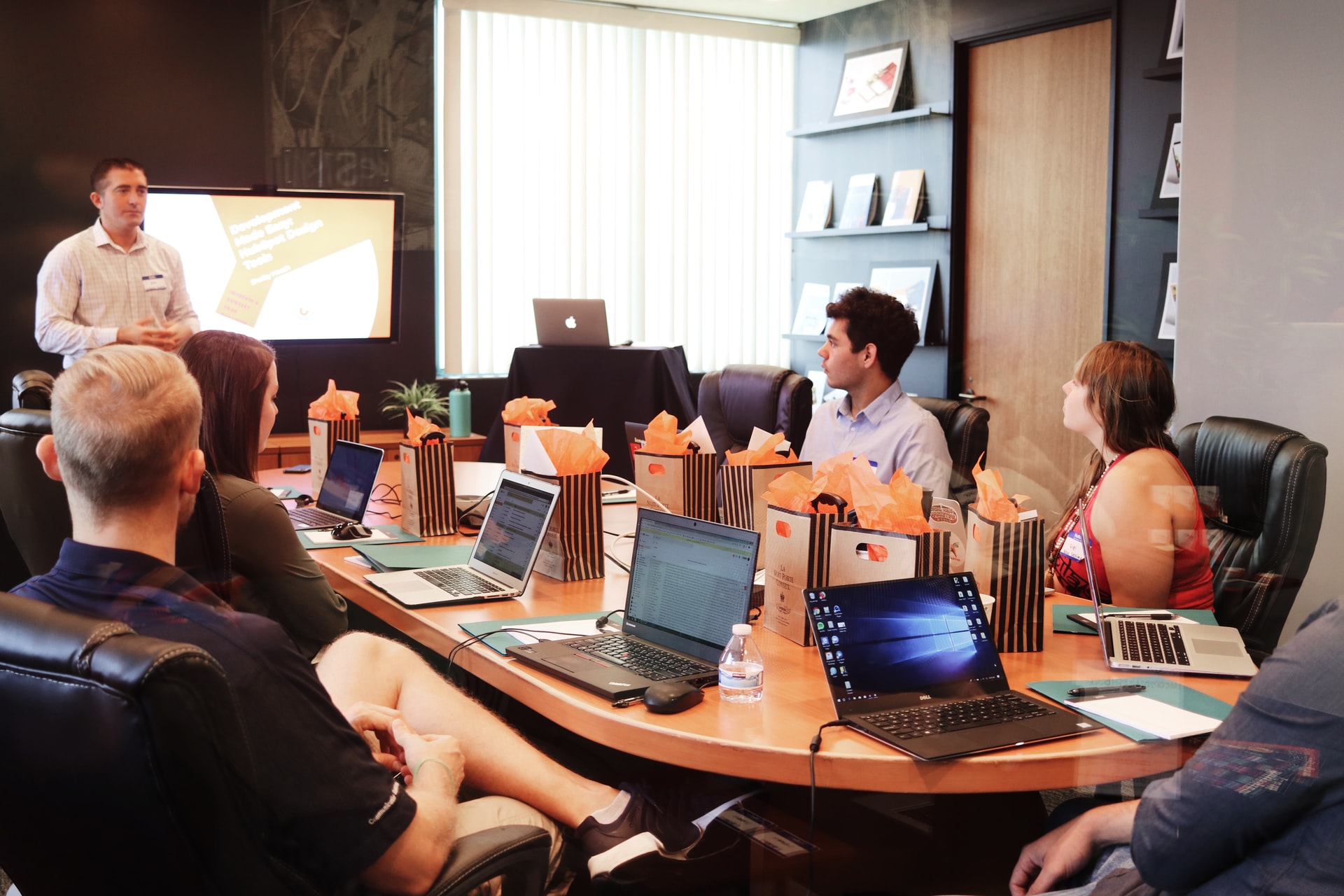With the rising demand for new services and technologies in the manufacturing, healthcare, and financial sectors, DevOps has become an essential part of software companies. In addition, check out a web developer’s dream – WPMU DEV’s all-in-one WordPress platform gives you everything you need to manage, update, optimize, secure, and host client sites – all under one roof. Get 20% off any of their plans here. Free trial included.
These are characteristics to look for when interviewing a potential candidate.
1. Fundamental Knowledge Gaps

You will see that today many engineers can create complex cloud infrastructures. Good DevOps engineers must also have fundamental knowledge, which should be required to hire one.
These are examples of that basic knowledge that any engineer has to know, and you need to cover them in your interview with the candidate: network technologies (routing, IP addressing, TCP/IP fundamentals), how servers work and boot, essential of databases, and how they work, encryption and data stores.
When a configuration issue or other low-level problem occurs and causes considerable pain, basic knowledge will usually solve the problem.
2. Formal Technology Training Vs. Experience
All formal training and not wishing to downsize will help when an engineer starts work, but that is not enough to become a top DevOps engineer or take full responsibility for the product platform operations.
Don’t undermine DevOps engineer without formal training but who has over 20 years of experience in the industry. Use technical interviews that will show the technical skills of every candidate.
3. “Know-It-All” Candidates

Progress and changes in technology happen quickly, and the skills of today will be almost irrelevant ones tomorrow, and that is a reality. Try to find and recognize candidates who like to explore and learn, figure out how to make things work, and test things multiple times to find the right solution.
Those people are better than those who stick to what they learned before and are unwilling to change. There are so many tools available today, and top DevOps engineers will be willing to spend time reaching and reviewing tools to find the right one for the particular job.
When asking a potential candidate about the best tool for the particular task, if their answer is just one tool, encourage them to ask more questions, offer more tools as recommendations, and share their opinions about other tools available.
4. Communication Skills

Don’t overlook communication skills in potential candidates since DevOps engineers will need to schedule a meeting or talk about the relevant issue to clear things up. It is essential to be able to write clearly to be understood, listen, and ask questions to understand the needed requirements.
They will work with the development team, and if they can have good communication with other team members, the project will run better, and the job will be done correctly.
5. Particular Personality Traits
You cannot just test DevOps engineers against a “best set” of traits and look for only those with all boxes from that set checked. Every candidate has a different personality and a wide range of interests. There are extroverts and introverts; some are opinionated, and others are not. When hiring, the right person will have the right skills needed for the job, one that fits into your mission and has good communication skills and traits that will get the job done.
Focus on what will be needed from a person from a work perspective, don’t defer from company mission and culture, and look for traits that can become a huge problem. Eliminate candidates with strict, inflexible opinions or ones that are so much introverted that any kind of communication is difficult, so look for problems in extreme traits.
6. Senior People Vs. Minor Tasks and Teamwork

In a good DevOps engineer, you look for that when a crisis occurs; you will be ready to jump in and help a team in every task to get a job done. It is vital in smaller teams that require a lot of work that senior people will consider minor but is equally crucial as top-notch projects (tasks like writing documentation, reviewing logs, creating checklists, etc.)
It is an excellent reason to have a team of engineers, both experienced and junior engineers, and your DevOps team will be well balanced for a task ahead.
7. Frequent Job Changes in a Resume
Frequent changes in employment can indicate that the person you are interviewing isn’t the one that is ready for commitment.
Even if candidates may have a good reason for changing jobs, use the interview as an opportunity to understand what a real reason is for it. It will give you their opinion about their task in a company and highlight some of the issues we mentioned above.
8. Develop a Competitive Compensation Plan

We already stated that there is a shortage in finding good DevOps engineers. So when preparing to hire one for your team, you will need to offer them a good enough compensation plan so they will not choose competition above you.
Salary range, flexible daily schedule, work location, and equity are competitive benefits. Also, professional development and job are a challenge to accept a job.
Conclusion
A good candidate is hard to find, and keep in mind that the roles in the hiring industry have changed. Now employers have to attract a good candidate. So balance well between what you are looking for and what you can offer to a top DevOps engineer as an employee.